1947: Roger T. Ames was born in Toronto,
Canada.
1965 – 1966: Attended Redlands University
in California, United States.
1966 – 1967: Studied at Chung Chi College
and New Asia College, met Mr Tang Junyi, Mr Mou Zongsan and later studied from
Professor Lao Siguang in Hong Kong.
1970: Graduated from the University of
British Colombia with a double Bachelor’s Degree in Asian Studies and
Philosophy.
1970 – 1972: Was taught by Mr Fang Dongmei,
received a Master’s Degree in Philosophy from National Taiwan University.
1973: Awarded a Master’s Degree in Asian
Studies and published theIssue of
Chinese Philosophy, [Taiwan Business Press].
1973 – 1975: Studied at Osaka Foreign
Studies University and Tokyo Education University.
1977: Cooperated with Yang Youwei to
translate and publish the English translation of Chen Guying’sToday’s Interpretation of Lao Tzu(老子今注今译及评介)
[San Francisco Center of Chinese Information]
1975 – 1978: Studied his PHD at the School
of Asian and African Studies in the University of London and was taught by Mr.
D.C. Lau and met Professor Angus Graham. Completed PHD dissertation:Huainan Tzu’s Political Philosophy.
1978: Became a professor at the University
of Hawaii’s Department of Philosophy.
1980: Worked with David L. Hall to create
the “Chinese Philosophy and Culture” series of books (150 series) in the New
York State University Press.
1983 – 1984: Was a visitor to the National
Taiwan Univeristy; publishedthe Art of
Rulership: A Study into Chinese Political Thought[University of Hawaii
Press 1983].
1986 – 1987: Went to the University of
Cambridge, Carlisle Hall as a researcher.
1987: Chief Editor of the book,Philosophy of the Occident and Orient.
Co-authored with David L. Hall to the bookThrough
Confucius[State University of New York Press].
1990: Director of the Asian Research and
Development program at the University of Hawaii and the United States Center of
the West and East. Awarded the Medal for Outstanding Teaching by the University
of Hawaii’s school board.
1991 – 2000 / 2004-5: Director of the
Center for Chinese Research at the University of Hawaii.
1992: Began to hold the International
Chinese Book Reviews as the primary editor.
1993: Was a distinguished visiting
professor to the Chinese University of Hong Kong’s Department of Philosophy;
published the English translation of Sun Tzu’s Art of War [Random House 1993].
1995: Co-written with David L. Hall and
publishedAnticipating China: Thinking
Through the Narratives of Chinese and Western Culture[State University of
New York Press 1995]. Published the Chinese translation ofthe Art of Rulership: A Study into Chinese Political Thought[translated by Teng Fu, Peking University Press].
1996: Cooperated with Liu Dianjue to
translate and publishSun Bin’s Art of War[New York Ballantine Books]. Published the Chinese translation ofConfucian Philosophical Thinking[translated by Jiang Yiwei and Li Zhilin, Jiangsu People’s Publishing Press].
1998: Co-written with David L. Hall and
publishedThinking from the Han: Self,
Truth, and Transcendence in Chinese and Western Culture[State University
of New York at Albany Press].
1999: Received an Honorary Doctorate at the
University of British Colombia’s Okanagan Campus. Co-translated with Liu
Dianjue and publishedDemocracy of the
Dead: Confucius, Dewey, and the Hope for Democracy in China(先贤的民主) andHuainan Tzu’s Tracing Dao to its Source(淮南子•原道) [Ballantine Book 1998]. Co-written with Lawson and publishedthe Confucian Analects : A Philosophical
Translation[Ballantine Books 1998]. Published the Chinese translation ofThinking from the Han: Self, Truth, and
Transcendence in Chinese and Western Culture[Translated by Shi Zhonglian,
Jiangsu People’s Publishing Press].
2000: Held the 8thCongress of
Eastern and Western Philosophers: Technology and Cultural Values in the New
Millennium.
2001 – 2002: Given the title of “Professor
Fulbright” by the Department of Philosophy at Peking University. Appointed the
professor of the Shang Yongtong and Cai Yuanpei Academic Lectures; Co-translated with David L. Hall and publishedFocusing the Familiar: A Translation and Philosophical Interpretation
of the Zhongyong[University of Hawaii Press 2001].
2002: State University of New York Press at
Albany re-publishedSun Bin’s Art of War.
A Portuguese translation was also published.
2003: Co-writted with David L. Hall and
publishedDaodejing: Making This Life
Significant[Ballantine Books]. Published the Chinese translation ofthe Confucian Analects : A Philosophical
Translation[translated by Yu Jin, Chinese Social Sciences Press].
2004: Appointed an advisor to Nishan
Shengyuan College. Published the Chinese translation ofDemocracy of the Dead: Confucius, Dewey, and the Hope for Democracy in
China[translated by He Gangqiang, Jiangsu People’s Press 2004].
2005: Published the Chinese translation ofAnticipating China: Thinking Through the
Narratives of Chinese and Western Culture[translated by Shi Zhonglian,
Shanghai Xuelin Press]. Re-published the Chinese translation ofThrough Confucius[translated by He
Jinli, Peking University Press].
2009: Co-written with Rosemont and
publishedThe Classic of Family
Reverence: A Philosophical Translation of the Xiaojing[University of
Hawaii Press].
2010: Awarded the Distinguished Academic
Award by the Department of the Arts and Humanities at the University of Hawaii.
Published the Chinese translation ofThe
Classic of Family Reverence: A Philosophical Translation of the Xiaojing[translated by He Jinli, Peking University Press].
2011: PublishedConfucian Role Ethics: A Vocabulary[co-published by the Chinese
School of Hong Kong Press and the University of Hawaii Press] and scheduled to
publish the upcoming Chinese translation [translated by Meng Wei Long, Shandong
University Press]. Published the Chinese translation ofFocusing the Familiar: A Translation and Philosophical Interpretation
of the Zhongyong[translated by Peng Guoxiang, Chinese Social Sciences
Press].
2012: Awarded the Outstanding Academic
Research Award by the School Board of University of Hawaii; elected the
President of the Society of Asia and Comparative Philosophical Studies.
2013: Awarded the Confucian Culture Prize
by the Chinese Ministry of Culture and the Provincial Government of Shandong.
Published the English translation of Sun Tzu’s Art of War [Translated by Li
Ling, Zhonghua Book Company].
2016: Awarded the Huilin Culture Prize by
the International Chinese Culture Communication and Research Center at Bejing
Normal University; invited to be a scholar of the Bogurui Research Institute;
won the title of “Confucian Master” (儒学大家) in Shandong
Province; appointed lecturing Professor of Humanities at Peking University.


 Your location:
Your location: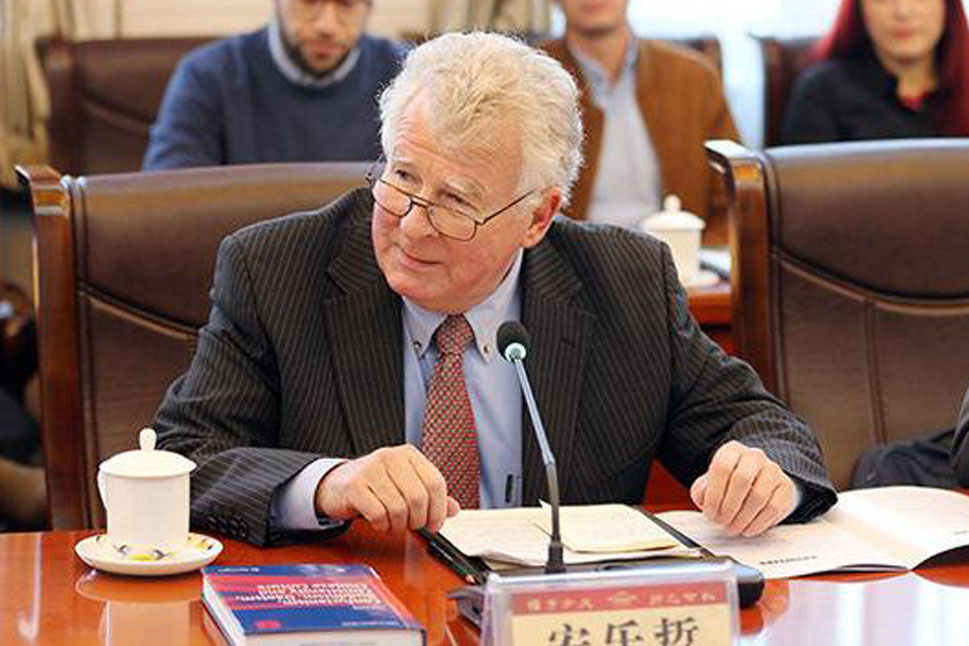
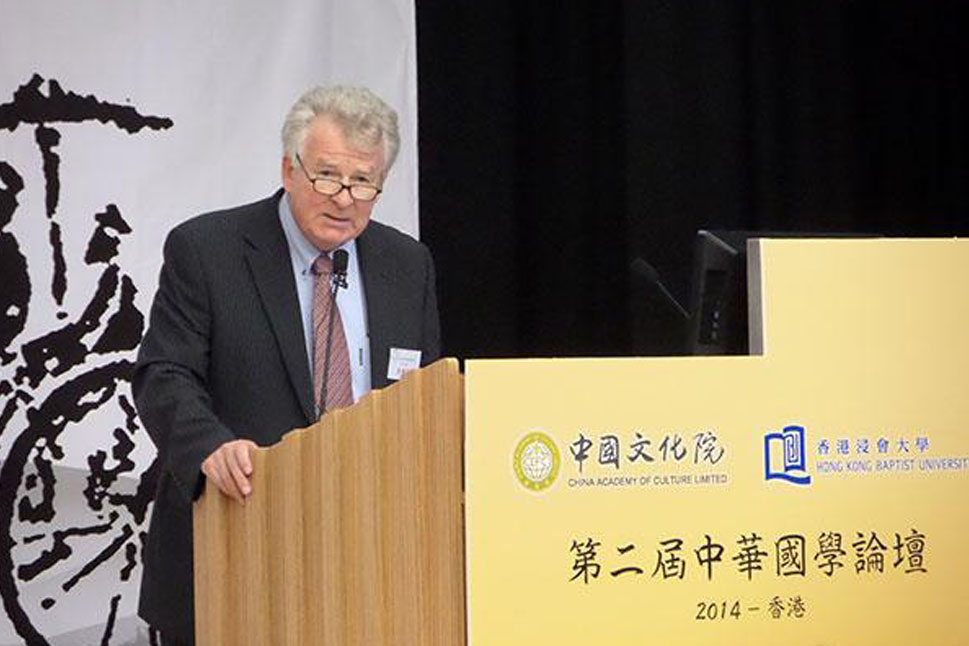
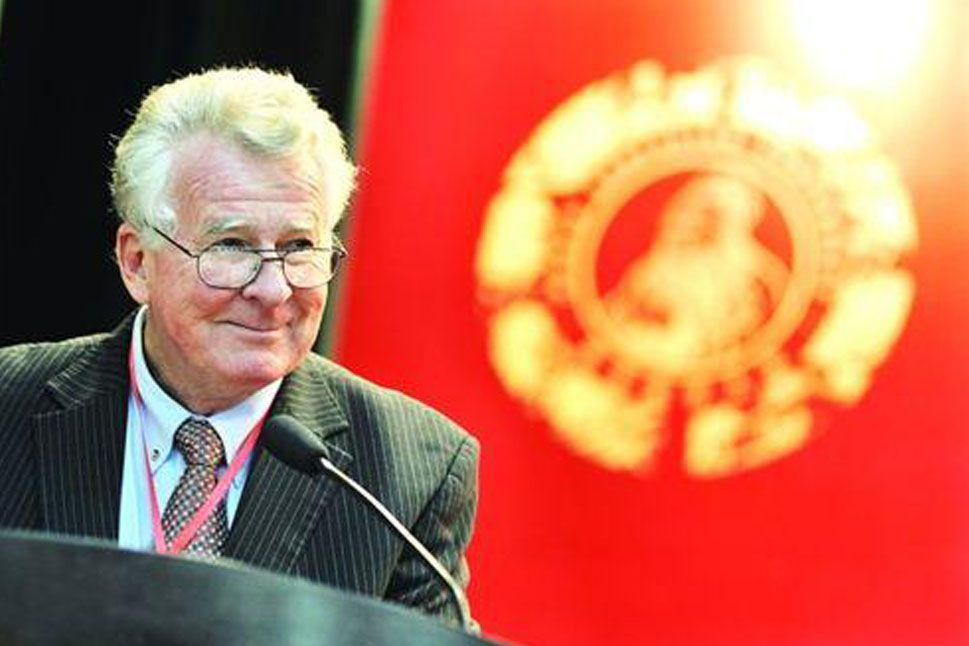
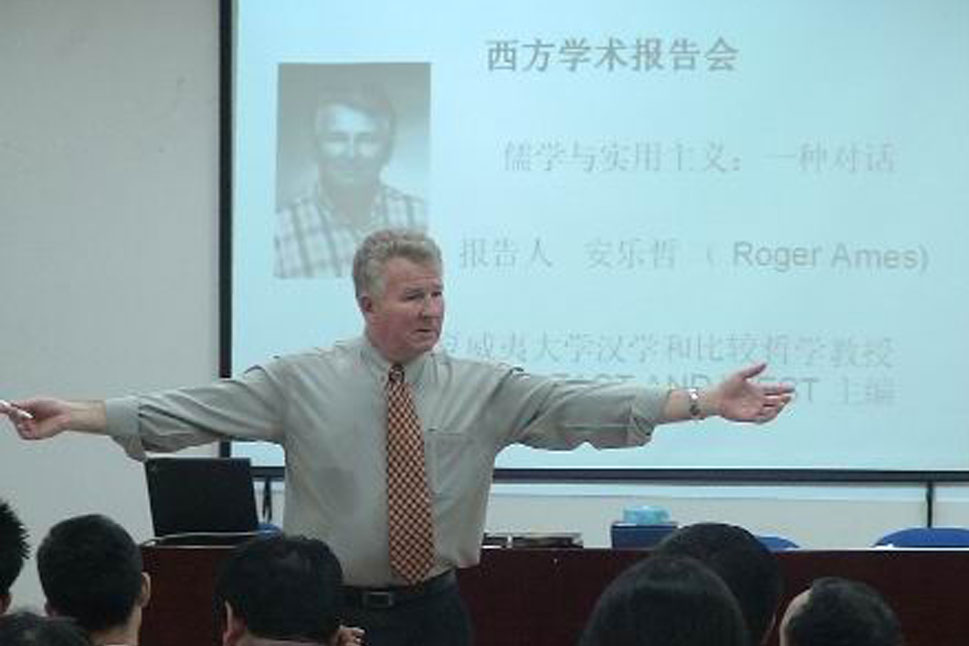
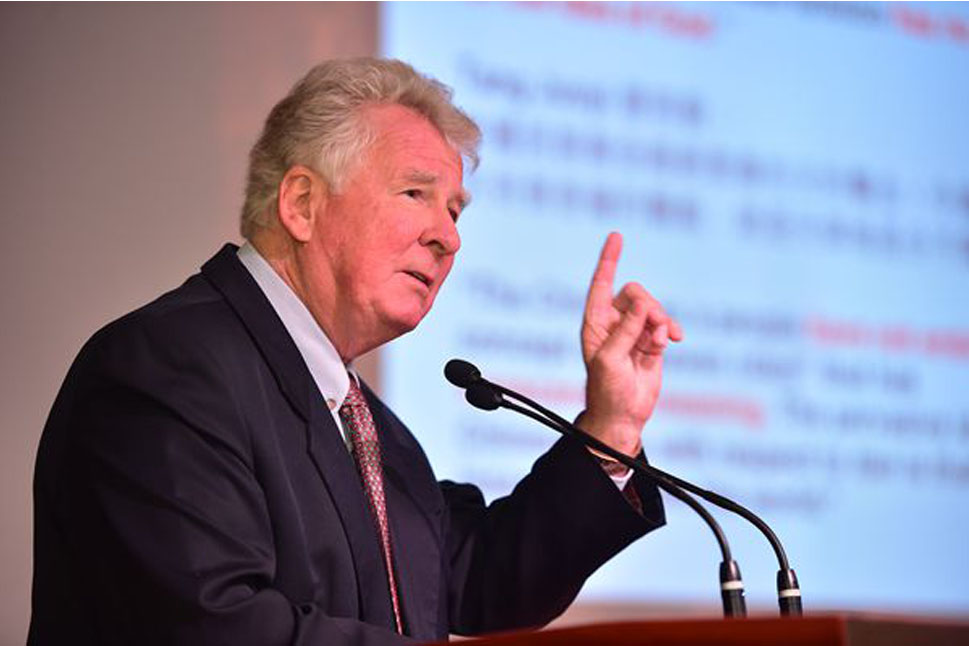
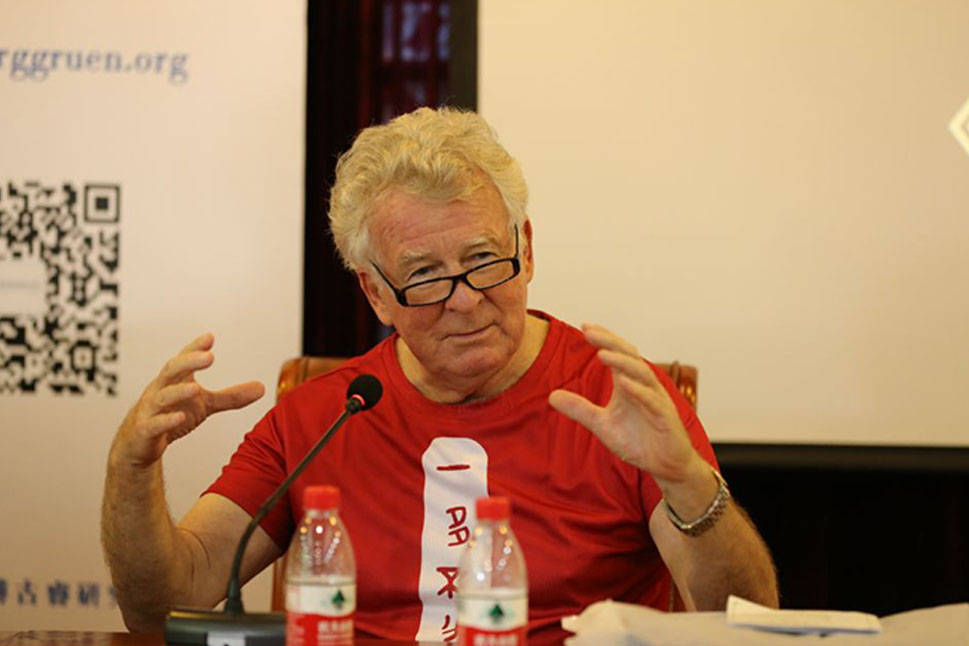





 京公网安备 11010502043135号
京公网安备 11010502043135号